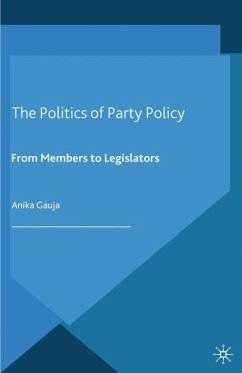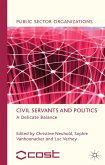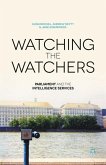Examining the complexities and tensions in relations between party members and parliamentarians through an in-depth analysis of the processes that shape the development of party policy in the UK, Australia and New Zealand, this book Presents new evidence on the challenges facing parties in encouraging citizen participation in policy development.
This is an important book for all those concerned with issues of party democracy. Rich in primary research and detailed case studies, Gauja problematizes the issue of policy making by political parties and highlights both its practical and normative complexities. The separate analyses of the organizational and parliamentary parties, followed by consideration of how the two connect, makes for a clear and convincing analysis of the challenges parties face in this regard. Examination of both small and large parties and those in and out of government as well as those operating in unitary and federal states allows for a comprehensive analysis of many of the issues influencing the relative ability of party activists to meaningfully participate in party policy making.
William Cross, Hon. Dick and Ruth Bell Chair for the Study of Canadian Parliamentary Democracy, Department of Political Science, Carleton University, Ottawa, Canada
In this important new study Anika Gauja overturns much conventional wisdom about the decline of political parties, emphasising how complex and varied actual political parties are. She shows that many parties still have important roles in involving members in the making of policy and in translating policy into legislation. It will be essential reading for all students of political parties.
Andrew Gamble, Head of Department, Department of Politics and International Studies (POLIS), University of Cambridge, UK
William Cross, Hon. Dick and Ruth Bell Chair for the Study of Canadian Parliamentary Democracy, Department of Political Science, Carleton University, Ottawa, Canada
In this important new study Anika Gauja overturns much conventional wisdom about the decline of political parties, emphasising how complex and varied actual political parties are. She shows that many parties still have important roles in involving members in the making of policy and in translating policy into legislation. It will be essential reading for all students of political parties.
Andrew Gamble, Head of Department, Department of Politics and International Studies (POLIS), University of Cambridge, UK









